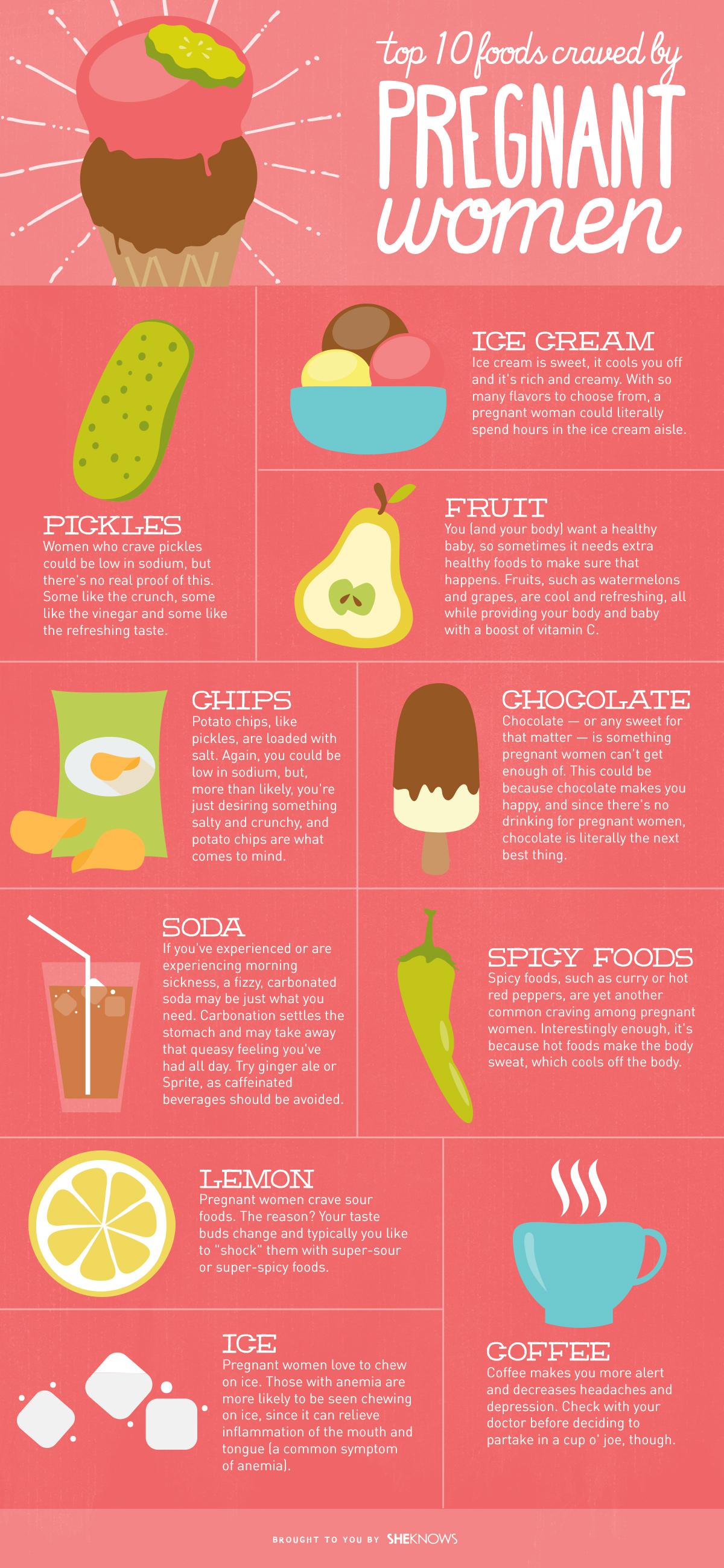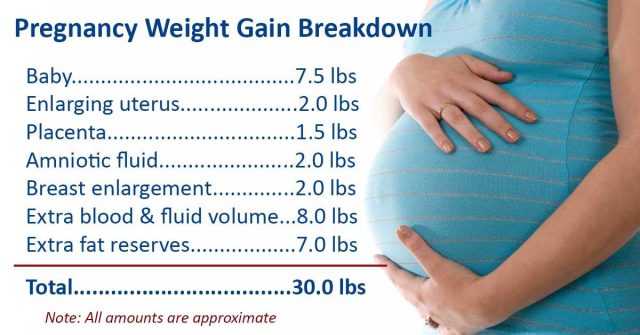Pregnancy is a transformative journey that brings with it a myriad of emotions and changes, both physically and mentally. Among these changes, weight gain is a natural and essential part of nurturing a growing life. However, managing this weight gain can sometimes feel overwhelming and fraught with concerns about health and well-being. In this guide, we aim to provide you with supportive and practical tips to navigate this aspect of pregnancy with confidence and care. Understanding that every pregnancy is unique, our goal is to empower you with knowledge and strategies that prioritize both your health and that of your baby, ensuring a positive and balanced approach to this beautiful phase of life.
Understanding Healthy Weight Gain During Pregnancy
Pregnancy is a unique journey, and gaining weight is a natural and essential part of it. However, understanding how much weight gain is healthy can help in maintaining both your well-being and that of your baby. Each trimester brings different needs and challenges, so it’s crucial to listen to your body and consult with your healthcare provider for personalized guidance.
Here are some key points to consider when managing your weight gain during pregnancy:
- Focus on Nutrient-Rich Foods: Prioritize a balanced diet filled with fruits, vegetables, whole grains, and lean proteins to nourish both you and your baby.
- Stay Active: Engage in pregnancy-safe exercises such as walking, swimming, or prenatal yoga to maintain your energy levels and promote healthy weight gain.
- Mindful Eating: Pay attention to hunger cues and eat when you are hungry, not out of habit or boredom. This helps in preventing excessive weight gain.
| Trimester | Recommended Weight Gain |
|---|---|
| First Trimester | 1-4 pounds |
| Second Trimester | 1-2 pounds per week |
| Third Trimester | 1-2 pounds per week |

Nourishing Your Body and Baby with Balanced Nutrition
During pregnancy, it’s essential to focus on providing both you and your baby with the nutrients needed for healthy growth and development. Achieving a balanced diet can help manage weight gain effectively while ensuring your little one gets the best start in life. Here are some practical tips to guide you:
- Prioritize Whole Foods: Opt for whole grains, lean proteins, fresh fruits, and vegetables. These foods are rich in essential nutrients and help keep you fuller for longer.
- Stay Hydrated: Drinking plenty of water not only aids in digestion but also helps control hunger and reduces the likelihood of unnecessary snacking.
- Mindful Eating: Take time to enjoy your meals, paying attention to hunger cues and stopping when you feel satisfied. This can prevent overeating and promote a healthier relationship with food.
Consider incorporating the following food groups into your daily meals to ensure a balanced intake of nutrients:
| Food Group | Examples | Benefits |
|---|---|---|
| Proteins | Chicken, Fish, Beans | Supports baby’s growth |
| Carbohydrates | Quinoa, Oats, Brown Rice | Provides energy |
| Dairy | Milk, Yogurt, Cheese | Rich in calcium |
| Fruits & Vegetables | Apples, Spinach, Carrots | High in vitamins |

Incorporating Safe and Enjoyable Physical Activities
- Embrace Low-Impact Exercises: Engaging in activities such as walking, swimming, and prenatal yoga can help maintain your fitness levels without putting unnecessary strain on your body. These exercises are gentle on your joints and can be easily adjusted to match your growing comfort needs.
- Prioritize Safety: Always consult with your healthcare provider before starting any new physical activity to ensure it’s safe for you and your baby. Listen to your body, avoid overheating, and stay hydrated during your workouts.
To help you choose the right activity, consider the following table that outlines the benefits of various exercises:
| Activity | Benefits |
|---|---|
| Walking | Improves cardiovascular health and boosts mood. |
| Swimming | Enhances flexibility and reduces pregnancy swelling. |
| Prenatal Yoga | Increases strength and promotes relaxation. |
Remember, the goal is to enjoy the journey and keep moving at a pace that feels right for you. Regularly participating in these activities can help manage weight gain, improve your overall well-being, and prepare your body for the demands of childbirth.

Managing Cravings and Emotional Eating with Mindfulness
Pregnancy often brings a surge of emotions and unexpected cravings, making it challenging to maintain a balanced diet. Mindfulness can be a powerful tool to help manage these cravings and emotional eating habits. By being present and aware of your body’s signals, you can make healthier choices that benefit both you and your baby.
- Pause and Reflect: Before reaching for a snack, take a moment to pause and ask yourself if you’re truly hungry or if there’s another emotion at play. This brief pause can help you make more conscious eating decisions.
- Mindful Eating Practices: Focus on your meal without distractions. Savor each bite, noting the flavors, textures, and smells. This practice not only enhances your enjoyment but also helps you recognize when you’re full.
- Emotional Check-Ins: Regularly assess your emotional state. If you find yourself eating out of stress or boredom, consider alternative activities like taking a walk, practicing yoga, or engaging in a creative hobby.
| Emotion | Mindful Response |
|---|---|
| Stress | Deep breathing exercises or meditation |
| Boredom | Engage in a creative activity |
| Anxiety | Take a short, calming walk |




